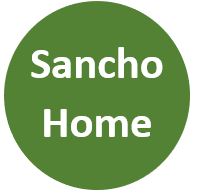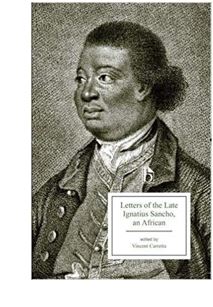Ignatius Sancho: African Composer and Man of Letters
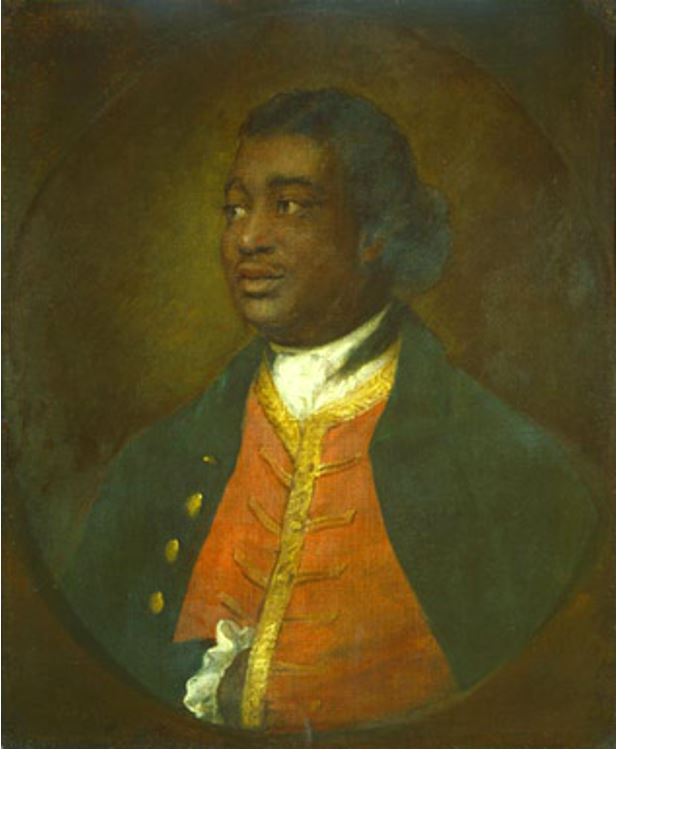
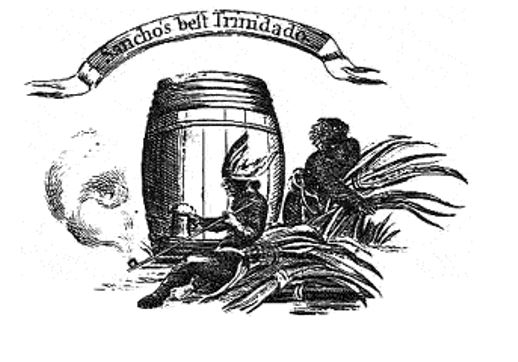
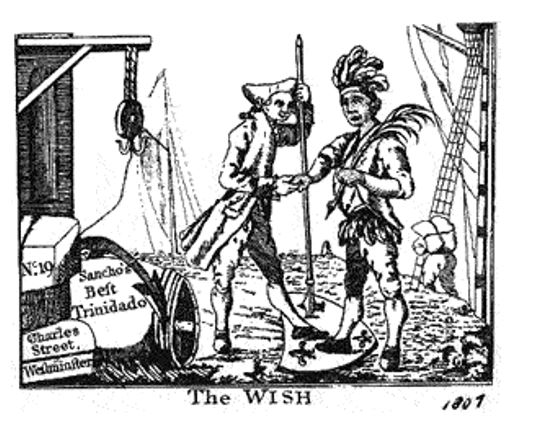
Ignatius Sancho (1729-1780) was said to have been born into slavery on a ship crossing the Atlantic from Africa to the West Indies in 1729. His earliest personal memories were of Greenwich, near London, where as a child in the 1730s he was forced to work for three wealthy sisters. He persuaded the powerful Montagu family who lived nearby to employ him as their butler, before retiring to run a grocery shop in Westminster, where he died in 1780.
Sancho composed music, appeared on the stage, entertained many famous figures of literary and artistic London, and his portrait was painted by Thomas Gainsborough. He was the first African we know of to vote in a British election and the first published Black British composer. A prolific writer, he wrote a large number of letters which were collected and published in 1782, two years after his death.
Sancho was thought of in his age as "the extraordinary Negro", and to eighteenth-century opponents of the slave trade he became a symbol of the humanity of Africans. In recent years there has been a great deal of interest in his life and works. This website aims to reflect the work being done by Sancho scholars around the world. To find out more, follow the links on this page.
The illustrations on this page are all the visual records we have left of Sancho's life. At the top of the page is Thomas Gainsborough's portrait, painted in Bath in 1768. The black and white images are of Sancho's trade card. On one side, a native American sits under a hogshead smoking a pipe while an African, almost certainly enslaved, gathers sugar cane. The reverse shows a native American trader doing business with a French trader (treading on the royal Fleur de Lys) and bearing Sancho's address of No. 19 Charles Street, Westminster (now King Charles Street, Whitehall, SW1A 2AH, where there is a plaque to him on the side of the Foreign and Commonwealth Office). Some have remarked on the irony of Sancho making a living from selling rum, sugar, and tobacco: all goods produced by enslaved people.
Sancho's letters were published in five different editions between 1782 and 1803 before going out of print until the 1960s. They are now available in an excellent paperback edition, edited by Vincent Carretta.
There are loads of books out there about Sancho, his life, and works. Click below to see what Amazon has to offer.
Search for Sancho!
About this Page
These pages are written and maintained by Brycchan Carey, an academic, author, and public speaker based in Northumberland in the north east of England.
Sancho Resources
Selections from The Letters of Ignatius Sancho:
Sancho's Correspondence with Laurence SterneSancho's Eye-Witness Account of the 1780 Gordon Riots
Two playful letters about a pig and about a friend's artwork
The Life of Ignatius Sancho The full text of Joseph Jekyll's biography of Sancho
An annotated bibliography of Sancho studies
Sancho's friends Short biographies with links.
The Sancho Portrait Gainborough's portrait displayed and discussed
Sancho's Music Scores of three of Sancho's compositions
Article: '"The extraordinary Negro": Ignatius Sancho, Joseph Jekyll, and the Problem of Biography' (PDF, 1.3mb)
The life of Joseph Jekyll, A biography of Sancho's biographer
